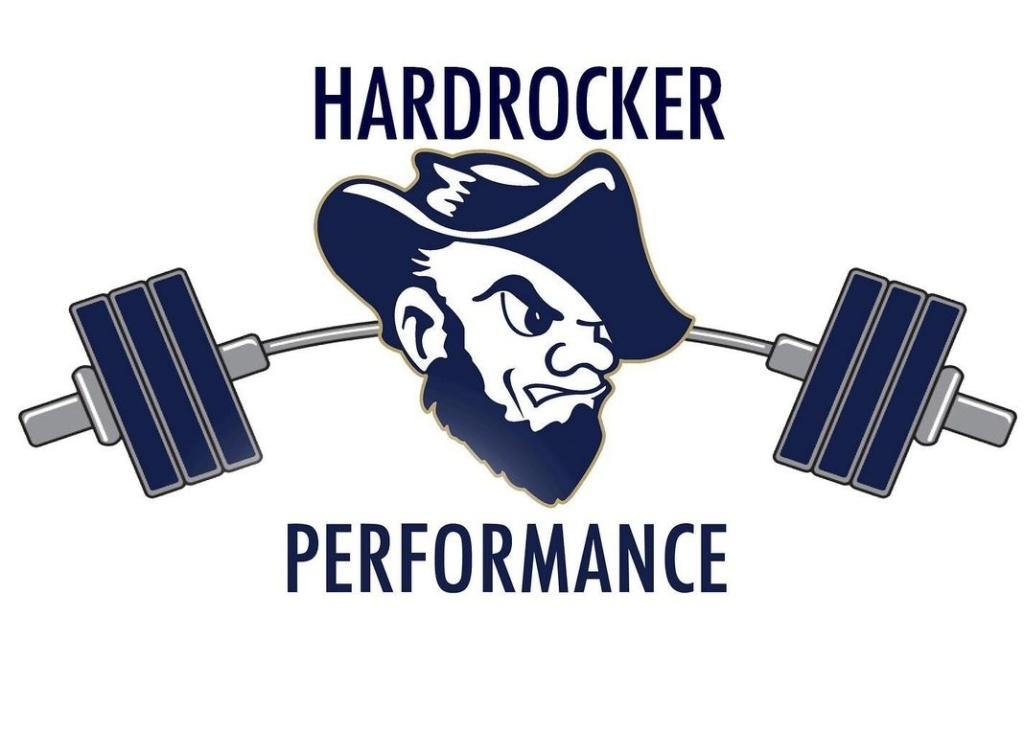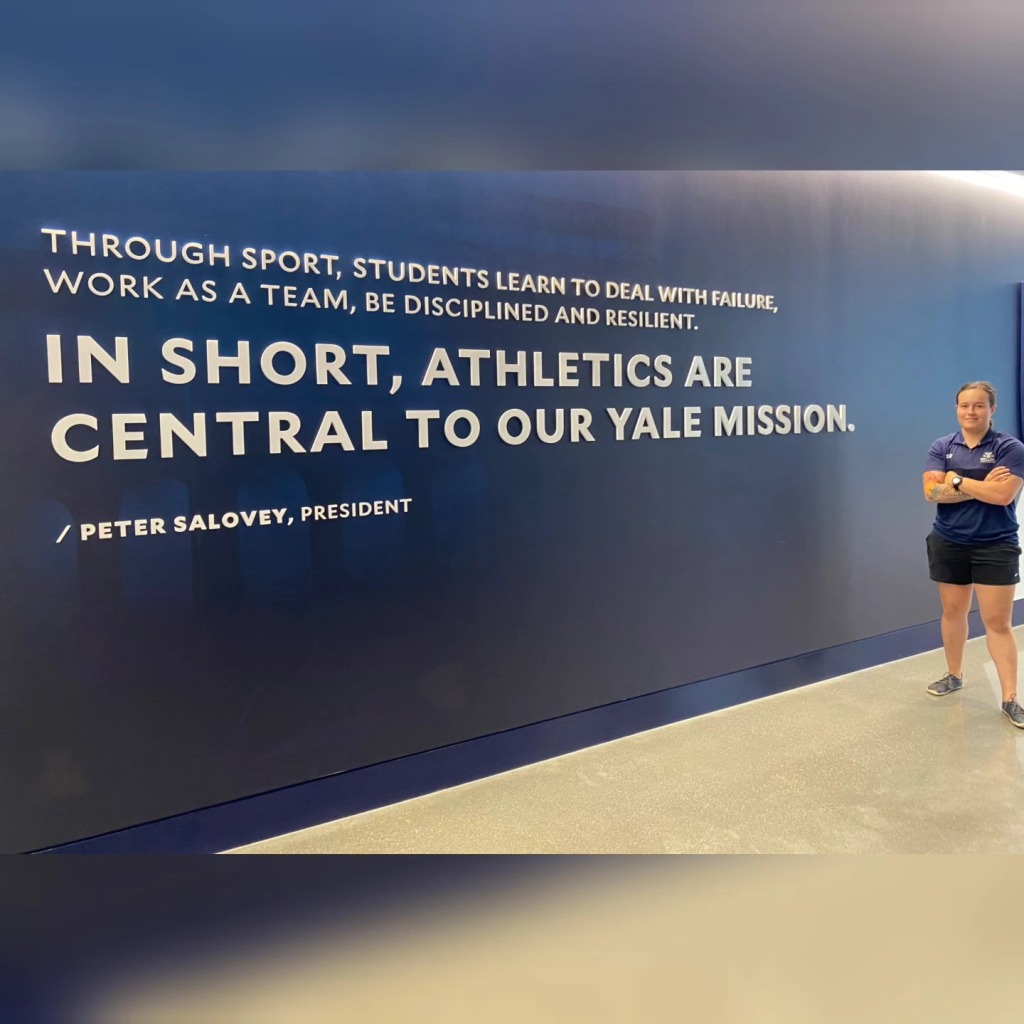By Sophia Grohs
My capstone will explore the crossroads of alcohol and college athletics. College athletes are unique in that most people will not get the chance to play after high school. At the same time, these athletes consume alcohol, a substance with addictive properties and a deterrent to high performance, at the same levels as their non-athlete peers. With alcohol’s prevalence in the strength and conditioning world, the NSCA (National Strength and Conditioning Association, the leading organization for strength and conditioning) barely mentions alcohol use in their Essentials of Strength and Conditioning (the primary book for certification). Coaches write programs and decisions under the assumptions that athletes are not drinking, but this is a flawed premise. This capstone will address the issue with those assumptions and strive to better inform coaches and athletes on how alcohol impacts athletic performance. I aim to be interdisciplinary in looking at the physiological, psychological, sports performance and social factors that impact athletes and alcohol consumption.

In the strength and conditioning community, coaches write programs with the understanding that athletes are recovering within 48–72-hour time frames. Athletes will often party on the weekends, and coaches can tell when athletes had too much come Monday morning. From a coaching perspective, it is hard to get max effort out of an athlete who is hungover. Because there is a lack of empirical research on the direct performance response to alcohol, there is no system in place to protect athletes from workouts and to guide coaches. At the same time, there has yet to be a longitudinal study that illustrates the impact of drinking and sports performance throughout an athlete’s career. There is no way to definitively tell a senior offensive lineman how much he could have bench pressed if he had not drunk regularly throughout his time in college.
The studies have mixed results about the impacts of drinking and collegiate sports performance. Alcohol and athletic performance can coexist (Steiner et al., 2015), and studies find that the negative consequences of drinking do not deter college students from drinking (Martinez et al., 2014). 72% of college athletes drink out of season (where most strength and conditioning training takes place), and 65% of athletes drink in-season (Mastroleo et al., 2019). Other studies exclusively tested men or were conducted on rodents and found that drinking impacts muscle fiber but no other measures of performance (Rodrigues et al., 2019). Some studies have found that athletes who drink in moderation are not significantly impacted (Murphy et al., 2013). Research thus far has also found that drinking in moderation preserves athletic performance in comparison to binge drinking (Parr et al., 2014). Preventing college athletes from drinking has had moderate success (Mastroleo, et al., 2019). Most college athletes consume alcohol between Thursday and Saturday, but in-season team restrictions are a viable deterrent for athletes. Coaching and team policy can dictate culture and attitudes toward alcohol.
Mitigating the impacts from drinking cannot be seen as the only solution to improve the lives of student athletes. Coaches should focus on improving their team culture and building healthy relationships with their student athletes and value the holistic health of the athlete. Coaches are in the profession because we see the impact that sports can make. There is an obligation to act in the best interest of the athlete and a moral standard that we as coaches fight to uphold. To best do our job, we need to acknowledge that college athletes consume alcohol and adjust our coaching to that reality.

References
Cui, Y., Huang, C., Momma, H., Sugiyama, S., Niu, K., & Nagatomi, R. (2019). The longitudinal association between alcohol consumption and muscle strength: A population-based prospective study. Journal of musculoskeletal & neuronal interactions, 19(3), 294.
Mastroleo, N. R., Barnett, N. P., & Bowers, K. M. (2019, July). Association between sex, race/ethnicity, season, day of week, and alcohol use and related risks in college student athletes and nonathletes. Journal of American College Health, 67(5), 422-432. Retrieved from https://doi.org/10.1080/07448481.2018.1484367
Murphy, A. P., Snape, A. E., Minett, G. M., Skein, M., & Duffield, R. (2013). The effect of post-match alcohol ingestion on recovery from competitive rugby league matches. The Journal of Strength & Conditioning Research, 27(5), 1304-1312.
Parr, E. B., Camera, D. M., Areta, J. L., Burke, L. M., Phillips, S. M., Hawley, J. A., & Coffey, V. G. (2014). Alcohol ingestion impairs maximal post-exercise rates of myofibrillar protein synthesis following a single bout of concurrent training. PLoS One, 9(2), e88384
Putukian, M. (2016). The psychological response to injury in student athletes: a narrative review with a focus on mental health. British Journal of Sports Medicine, 50(3), 145-148.
Steiner, J. L., Gordon, B. S., & Lang, C. H. (2015). Moderate alcohol consumption does not impair overload‐induced muscle hypertrophy and protein synthesis. Physiological reports, 3(3), e12333.
Sophia Grohs is a Science, Technology, and Society major. After I was medically retired from the Army, I came to Mines dead set on finishing a Civil Engineering Degree and working for the US Army Corps of Engineers. My first in-person class at Mines was Differential Equations. I passed but was miserable. Realizing I didn’t want to be an engineer, I found STS as the fastest path to graduation and a way to figure out what I wanted to do with my life. I am a gym-rat at heart. In Oct 2022, I reached out to Hardrocker Athletic Performance to intern to “test it as a career” and everything else has fallen into place. I passed the CSCS (test to be a college strength and conditioning coach), spent summer ‘23 interning at Yale (i.e.,, the 2023 Ivy League football champs), and will be coaching at Wagner College, a D1 institution in Staten Island, after graduation. Spending the summer at Yale taught me that coaching Strength and Conditioning is a people science and that majoring in STS has prepared me for the demands of the profession. Throughout the interview process I would tell coaches that I can “problem solve like an engineer” and communicate like I majored in social science.
